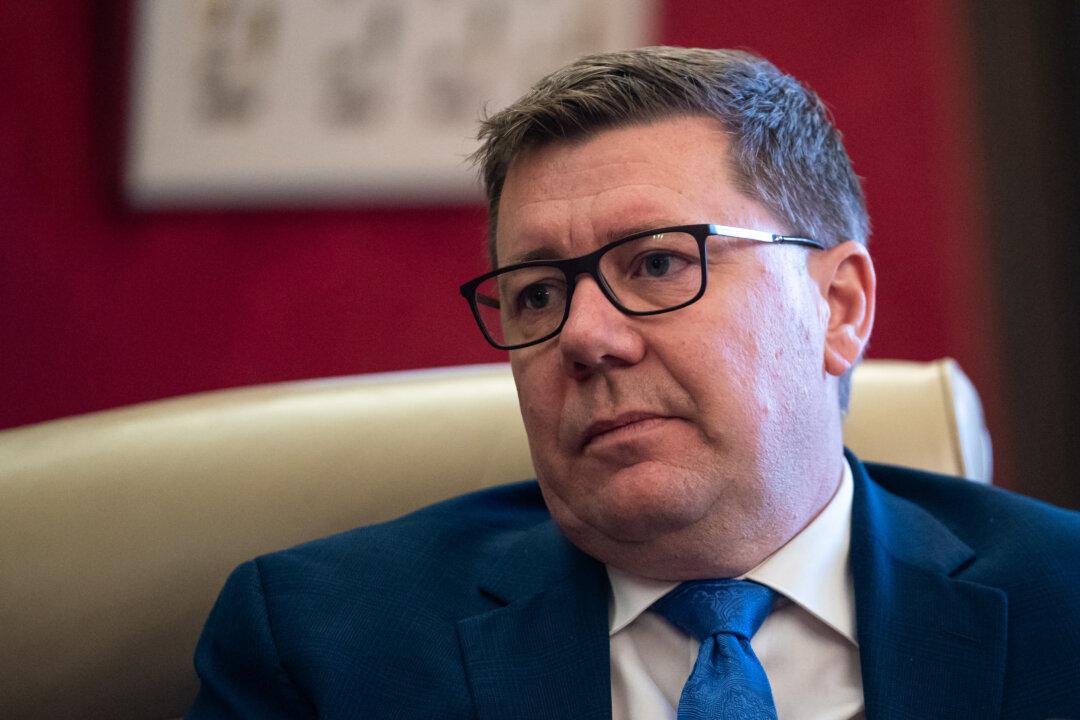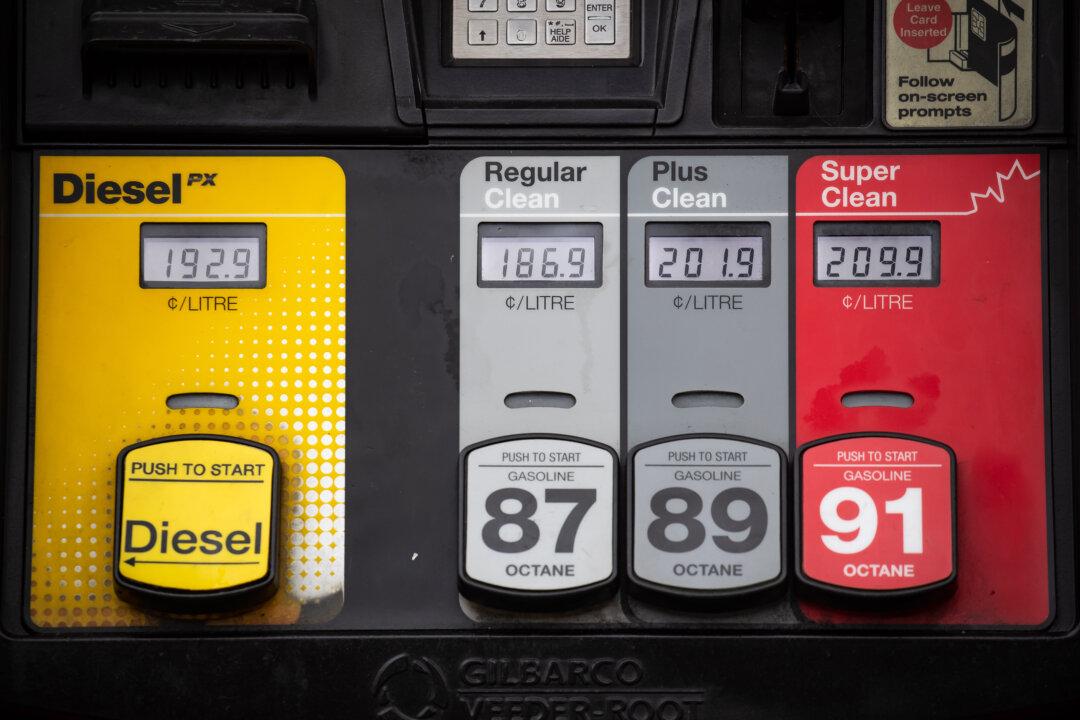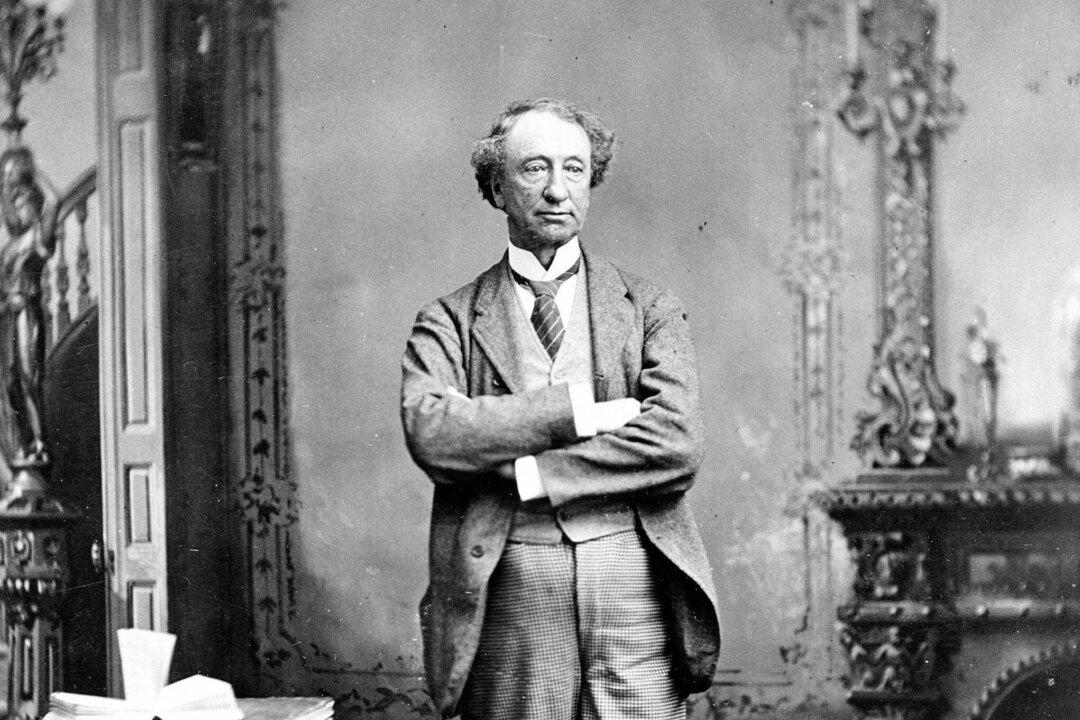Premier Scott Moe says his government has considered alternatives to Ottawa’s carbon tax but they too would have come at the expense of Saskatchewan families and businesses, making them no better than the federal pricing system.
The Saskatchewan premier was the first of four provincial premiers to testify before a House of Commons committee this week about the impact the April 1 increase to the federal carbon tax will have on their provinces.





